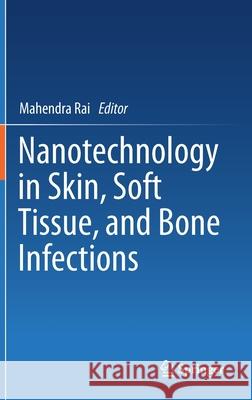Nanotechnology in Skin, Soft Tissue, and Bone Infections » książka
topmenu
Nanotechnology in Skin, Soft Tissue, and Bone Infections
ISBN-13: 9783030351465 / Angielski / Twarda / 2020 / 285 str.
Nanotechnology in Skin, Soft Tissue, and Bone Infections
ISBN-13: 9783030351465 / Angielski / Twarda / 2020 / 285 str.
cena 402,53
(netto: 383,36 VAT: 5%)
Najniższa cena z 30 dni: 385,52
(netto: 383,36 VAT: 5%)
Najniższa cena z 30 dni: 385,52
Termin realizacji zamówienia:
ok. 22 dni roboczych
Dostawa w 2026 r.
ok. 22 dni roboczych
Dostawa w 2026 r.
Darmowa dostawa!
Kategorie BISAC:
Wydawca:
Springer
Język:
Angielski
ISBN-13:
9783030351465
Rok wydania:
2020
Wydanie:
2020
Ilość stron:
285
Waga:
0.59 kg
Wymiary:
23.39 x 15.6 x 1.75
Oprawa:
Twarda
Wolumenów:
01
Dodatkowe informacje:
Wydanie ilustrowane











